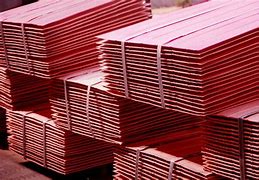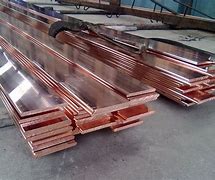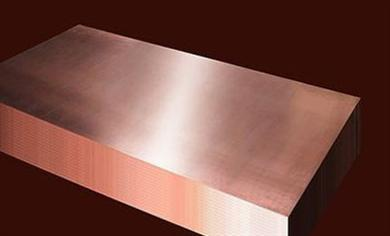Copper Pipes Under Attack: Is Your Home’s Plumbing a Ticking Time Bomb?
(Should You Replace Copper Sewer Pipes In Your Home)
For decades, copper was the king of home plumbing. Builders loved it. It seemed tough. It handled hot water well. People trusted it for bringing clean water *in*. But here’s the twist. That trust didn’t always extend to the pipes carrying waste *out*. Many older homes, especially those built between the 1940s and 1980s, used thin-walled copper tubing for their sewer lines too. This choice is now causing headaches for homeowners across the country. Why? Time and dirt are winning the fight.
See, copper sewer pipes face a brutal enemy underground. It’s the soil itself. Dirt isn’t just dirt. It has natural chemistry. Often, soil is acidic. Sometimes it has salts or minerals. These elements react with the copper over many years. Think of it like rust on iron, but slower and sneakier. The pipe walls get thinner. They weaken. Tiny pits form. Eventually, these pits become holes. Leaks start. It’s a slow-motion disaster happening right under your lawn or basement floor.
You might not see the problem at first. Copper sewer lines fail quietly… until they don’t. Watch for the warning signs. Is one drain always slow? Do you hear odd gurgling noises from multiple drains, especially after flushing? That gurgle isn’t your stomach. It’s air trapped because the pipe isn’t draining properly. Worse, notice damp spots in the yard that never dry? Maybe the grass is suspiciously green in one patch? Or perhaps you see a small sinkhole forming? These are red flags. Your copper sewer pipes might be staging a silent rebellion.
Ignoring these signs is risky business. Small leaks become big ones fast. Wastewater escaping isn’t just gross. It’s a health hazard. It contaminates the soil. It can even seep towards your foundation. That spells serious trouble and expensive repairs way beyond just the pipe. Plus, tree roots are nature’s ultimate pipe invaders. They smell water. A tiny hole in weak copper is like a welcome sign. Roots force their way in. They block the flow completely. Now you have raw sewage backing up into your house. Nobody wants that phone call.
So, should you replace those old copper sewer lines? If your house is over 40 years old, the answer is probably “yes”. Especially if you see any warning signs. Modern materials are far better suited for the dirty job underground. PVC and ABS plastic pipes are the heroes now. They don’t rot. They laugh at acidic soil. Tree roots bounce right off their smooth walls. These plastic pipes last for generations. They are easier to install. They often cost less than copper replacements too.
Replacing sewer pipes sounds scary. It involves digging. But techniques like trenchless pipe bursting minimize the mess. A new pipe gets pulled through the old one, breaking it apart as it goes. Your yard stays mostly intact. The peace of mind is priceless. You stop worrying about the next leak or backup. You protect your home’s value. You avoid a nasty, smelly emergency down the road.
(Should You Replace Copper Sewer Pipes In Your Home)
The bottom line? Don’t wait for disaster. Know your pipes. If thin copper is carrying your sewage, it’s living on borrowed time. Be proactive. Get it inspected.
Inquiry us
if you want to want to know more, please feel free to contact us. (nanotrun@yahoo.com)



